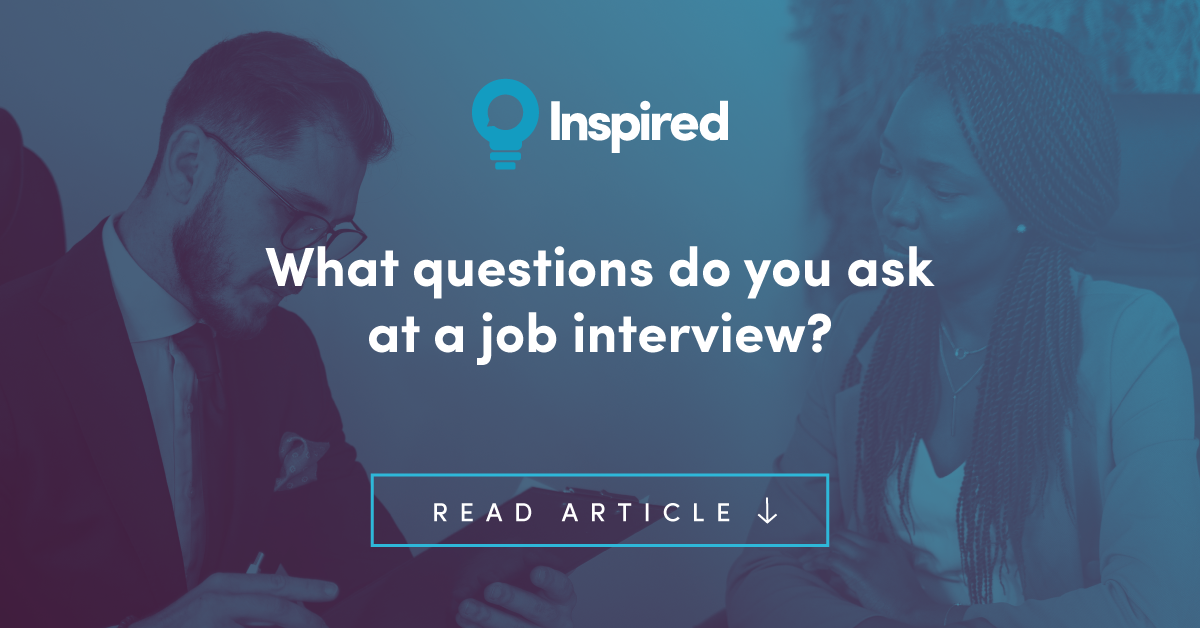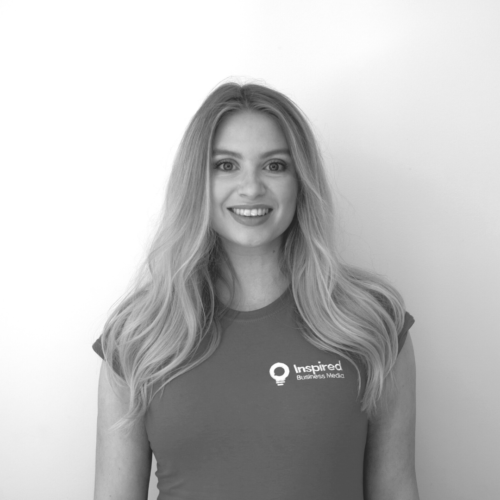
Published March 22, 2021
What questions do you ask at a job interview?
Picture this, you’re coming to the end of an interview for a role you really want and are deserving of. Everything has gone great so far. The interviewer has responded well to your experience and expertise and you’ve built up a positive rapport. Then they ask, “do you have any questions for us?”, what do you respond? The worst thing you can do is not have any questions at this point. So many candidates make the mistake of not asking any further questions at the end of an interview and while it may not seem like the biggest thing to worry about asking a considered and meaningful question could be the difference between you and another candidate being offered the role.
So, why is asking questions so important? There are many reasons and the benefits can be determined by the kind of question you ask. Here are some examples of questions you can ask in an interview and why they are important for both you and your prospective employer.
Company-specific
- Tell me about your company culture?
- What is your favourite aspect of working for the company?
- How many members of the team/ company do you currently have?
- What professional development opportunities/ training is offered?
- Where do you see the company in the next five years?
- What are the company’s biggest strengths and challenges?
- Who do you consider your competitors?
These all give the impression that you’re invested in the company and would plan to build a career there. Your prospective employer wants to know whether you’re in this for the long run, they don’t want someone to come in then leave after a few months. Asking questions about the company also gives you an insight into what it’s like to work for them and whether you can see yourself being a part of the team.
Role-specific
- Who would I be reporting to?
- What would a typical day/week look like in this role?
- Would there be opportunities to collaborate with other teams?
- What characteristics and experience would the ideal candidate for this role posses?
- Who is the team made up of?
- What is the most challenging aspect of this role?
- What is the most rewarding aspect of this role?
- What are your expectations of this role within the first few months?
Asking questions specific to the role will give you an insight into what the day-to-day would look like which will allow you to make an informed decision should you be offered the role. It also gives you a chance to reiterate how your experience would be beneficial to the team and for the role itself.
Candidate centric
- Do you have any reservations about my experience or qualifications in relation to this role?
- Have I covered everything that you would like to know about me and my experience?
- Is there any other information I can provide that would help you with your decision?
These questions allow you to clarify any questions they may have about your application. They will also show your prospective employer that you are confident in your abilities while also being open to feedback and development, something that is very important to management.
Things to remember:
- Keep your questions open. Asking questions that simply require a ‘yes’ or ‘no’ answer is not beneficial to you or the employer.
- Keep your questions relevant to the role and the company. You don’t want to waste the employer’s time.
- Don’t ask questions that involve benefits or salary until you are in touch with someone from HR. Keep the focus on what you can bring to the company and why you are passionate about the role.
- If all of your questions were answered during the course of the interview and you can’t think of anything else talk about what excites you about the role and anything you were curious about that was answered already. It’s better to end on a positive note like that rather than saying you don’t have any questions.







